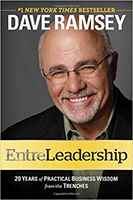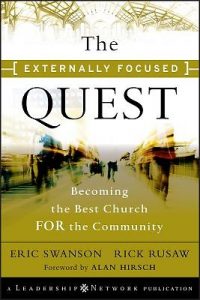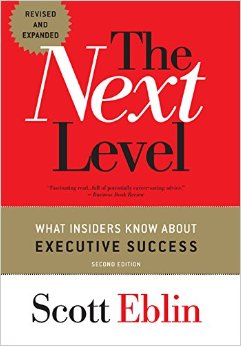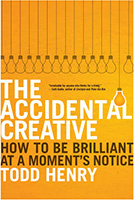 If you are serious about becoming a more effective leader, Bill Hybels is someone you should be listening to. I read Courageous Leadership when it first came out, and again for this summary. Both times I was encouraged and challenged in significant ways. Every chapter has insights worth taking the time to think about.
If you are serious about becoming a more effective leader, Bill Hybels is someone you should be listening to. I read Courageous Leadership when it first came out, and again for this summary. Both times I was encouraged and challenged in significant ways. Every chapter has insights worth taking the time to think about.
This time around I was struck by two particular things. The first had to do with vision, and how it comes. Hybels says that vision most often comes from seeing what God is doing somewhere else, or through someone else, and that stirs something in us. I’ve found that to be true, but I must confess that I sometimes resist that. I find myself thinking that I should get my vision “directly from God,” that I don’t want to just copy someone else. The truth is, I don’t want to copy someone else, but being inspired by someone else’s work isn’t the same thing as copying. Often God uses other people to stir us, teach us, encourage us, or envision us. Who cares how he gives it, as long as he does? No matter where it comes from, as long as it burns in our soul, it’s good, and we need to embrace it.
With that comes the question of how we communicate vision. As Hybels says, the best way to communicate vision is, by far, to embody it. Nothing else compares. That is so challenging! It is far easier to talk about vision than to live it. Long ago, I learned that when it comes to ministry, we reproduce who we are. Whatever we truly want to see in our churches, we have to pursue it in our own lives. It doesn’t matter what it is—prayer, evangelism, justice, healthy relationships, or other things, it has to be something our people can see in our lives. That adds moral authority to our words.
Again, on the topic of vision, Hybels says, “At a certain point people need more than vision. They need a plan, a step-by-step explanation of how to move from vision to reality.” For me, that part is much harder than just having a vision. But that is where the rubber meets the road when it comes to actually getting things done. I’ve found that it’s essential for me to pull other people into the planning process if I’m going to do it well. I can easily oversimplify things or not think them through thoroughly, resulting in ineffective plans being made. I need to get people around me who complement me if I am going to turn vision into reality.
While all of that is important, I was most touched by the example of Mother Teresa and her complete submission to God. It challenged me to do some honest soul-searching. I ask myself, “Am I fully yielded to God, or are there areas I am holding back on or compromising in?” Ultimately, that is the most important leadership question anyone can answer. If our leadership is going to have an eternal impact, we need to be fully submitted to God. Everything starts there.
Here’s my question: what are the things that hinder you from being fully submitted? For me, I find that the enemy is busyness. That keeps me from spending enough quality time with God, and without that I quickly start operating in my own strength and doing my own thing. What gets in your way? And how do you deal with it?










